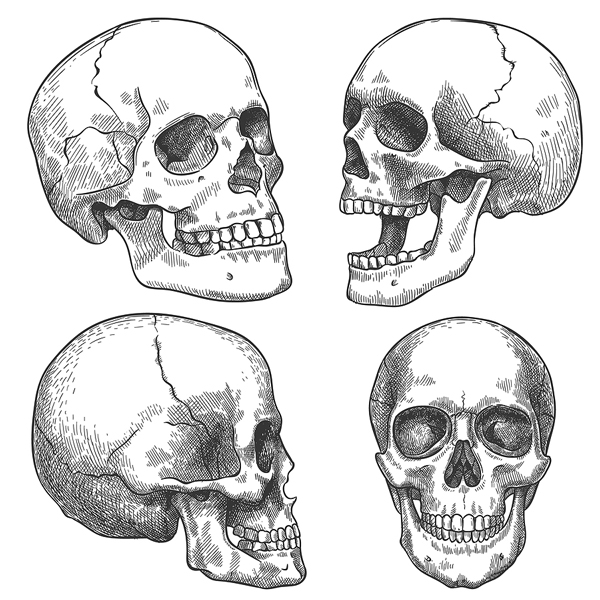Introduction and Act 1
Hamlet: tragic hero?
Hamlet is usually regarded as the finest of Shakespeare’s tragedies, and one of the greatest tragedies ever written; however, it is frequently defined as ‘tragedy’ with little or no reference to tragic tropes, either Greek, Renaissance or later theories of tragedy, or with insufficient consideration of other useful theoretical approaches.
The aim of this teaching guide is to trace Shakespeare’s development of his eponymous hero through the play looking at aspects of language, form and structure as well as genre, narrative and some theories of tragedy. Such a critical approach covers many of the assessment objectives required on various A Level courses:
- Close textual analysis and following a line of argument
- The use of theory to dispute or illuminate readings of a text and the consideration of other readers’ points of view
- Analysis at the levels of form, structure, language, narrative and genre
- Application of literary and linguistic terminology
- Comparison within and across texts
- Use of social, cultural and historical context
Overview of tragedy: theoretical aspects to explore
The following concepts will be referenced where appropriate:
- Aristotle’s Poetics, e.g. a worthy but flawed protagonist, serious tone/formality/dignity, peripeteia, catharsis, hamartia, anagnorisis …
